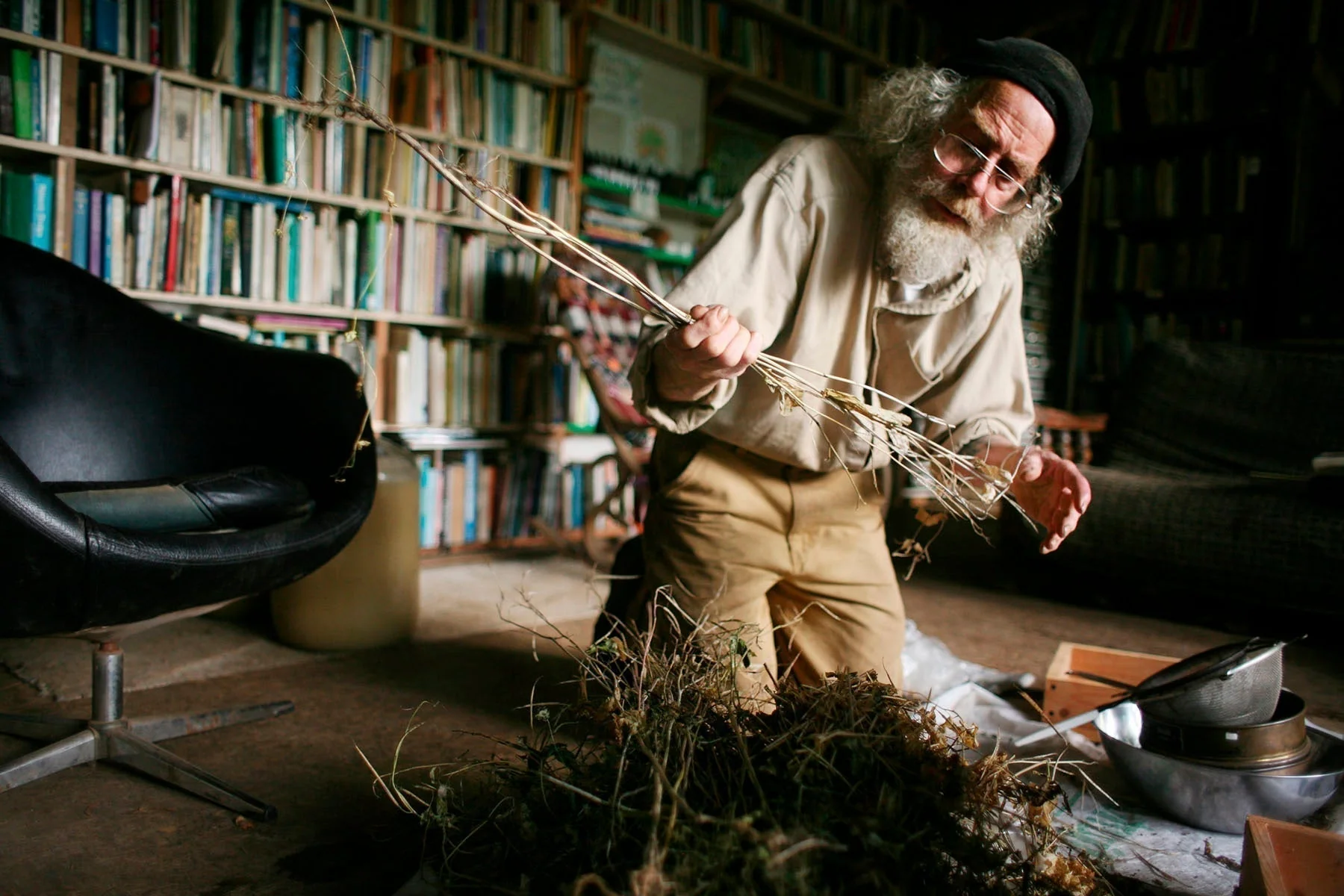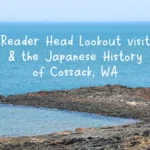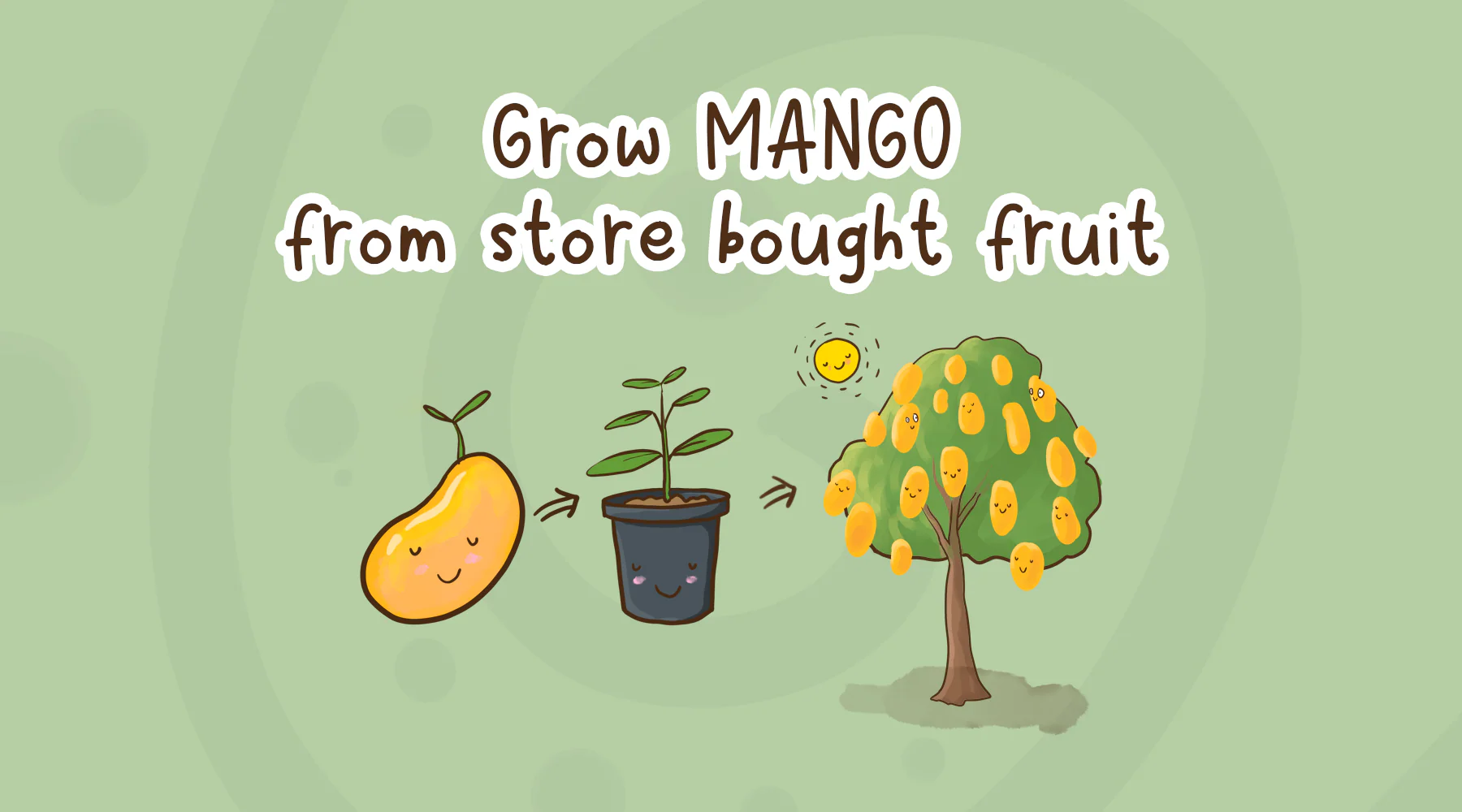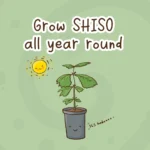Your cart is currently empty!
The philosophy of living as a part of nature

I came across Joe Hollis’ MountainGardens retreat around 2019 I think, and was struck by his philosophy of working with nature. It was his wasabi videos that I watched first and he had such a wealth of knowledge and presented it so humbly on camera. Joe was fortunate enough to have running streams through his property that were ideal for growing wasabi. I followed his updates on YouTube and instagram, learnt a great deal and really enjoyed the insights into life there in the South Toe valley in North Carolina.
A fire in 2022 devastated half of his life’s work of seed collecting, tincture creating, the apothecary and herb shop, many tools, and the manual knowledge recording. It affected his health, but of course he got right back to rebuilding. There is a GoFundMe page if you would like to donate. It’s heartening to see people donating each day even now, a testament to the legacy of sharing that Joe had.
Joe passed away from cancer in Nov 2023, handing over the work to some very dedicated people. In late 2024 a landslide cut a swath through the side of the property and more recently in 2025, a hurricane caused further damage. It seems like a reminder that nature is the true survivor and eventually we and all of our created work are all returned to where they came from, back to nature.
That doesn’t mean our work is pointless. We can make a difference and influence the future generations and our memories and activity, may eventually be those of the people coming after us.
It also seems timely as two other events unfold, one being the release this month of David Attenborough’s likely last major production, Ocean.
And the other being the holding of the largest herb festival in the United States and Canada, the Asheville Herb FestivalA festival that the MountainGarden team attend.
It seems a good time to write about Joe and his work as the onsite workshops have just restarted at his property. Joe’s philosophy was to demonstrate a way of living that’s good for the planet, good for society and good for him the individual. It seems many of us have it in the reverse order.
His annual income rarely went above $10k and so tax wasn’t a concern. The focus was on a life that had its needs met by the surrounding natural environment and not the monetary or economic system.
You could take the view that this approach is 60-70’s influenced, a remainder of the hippie era. And there’s some aspect of that to tincture and herbal product making even today. However, it’s the philosophy that’s interesting.
With the state of our ocean and climate changes being so drastic, it seems we need a major rework of how we produce consumable objects to preserve the world we have now. There’s hope all around us, with people like Uluu working on removing plastic from our ecosystem. Clothing on this site by the way, is remilled material. I’m sure we all do our part in our local area as well.
This year (2025) I came across Jon Jandai’s TedX talk on how life is easy. Jon has a similar mindset to Joe and speaks about how we do so much comparing with others, that we get distracted from being with ourselves (understanding ourselves) and living our life together. This seems to be some of the essence of the issues that social media platforms are causing across society today.
He’s created a community seed bank and education centre in Thailand where people are living an easy life, not trying to make it complicated and hard. I enjoyed his lesson on the pair of jeans and the fashion industry. He saved for a month for a pair of jeans, put them on and looked at himself from different angles and saw he was still the same guy. He realised that chasing the latest fashion didn’t change him and that going to uni, working hard to work hard to make even harder work, was not his direction in life.
I’m a seed saver myself and each year the process gets a little more organised. As I work on my next book and sustainability blog, I’m finding more depth to the aspects of health and the beauty of natural life. Some plants just really are stunningly beautiful as well as being good for us, like ginseng. No seeds, no life – as Jon says.
This blog really is a thank you to Joe for the 50 years of work and banked knowledge that he’s shared in documents and videos. I’m grateful to have stumbled across his work, continue to watch his videos and will hopefully contribute a little back to this planet in my time here.
Maybe this is the timing when we look at how we can live in a way that’s good for the planet, good for society and good for us.
Image credit to Mountain Gardens.
Leave a comment if you connected with this or join me on Threads.




Leave a Reply
You must be logged in to post a comment.